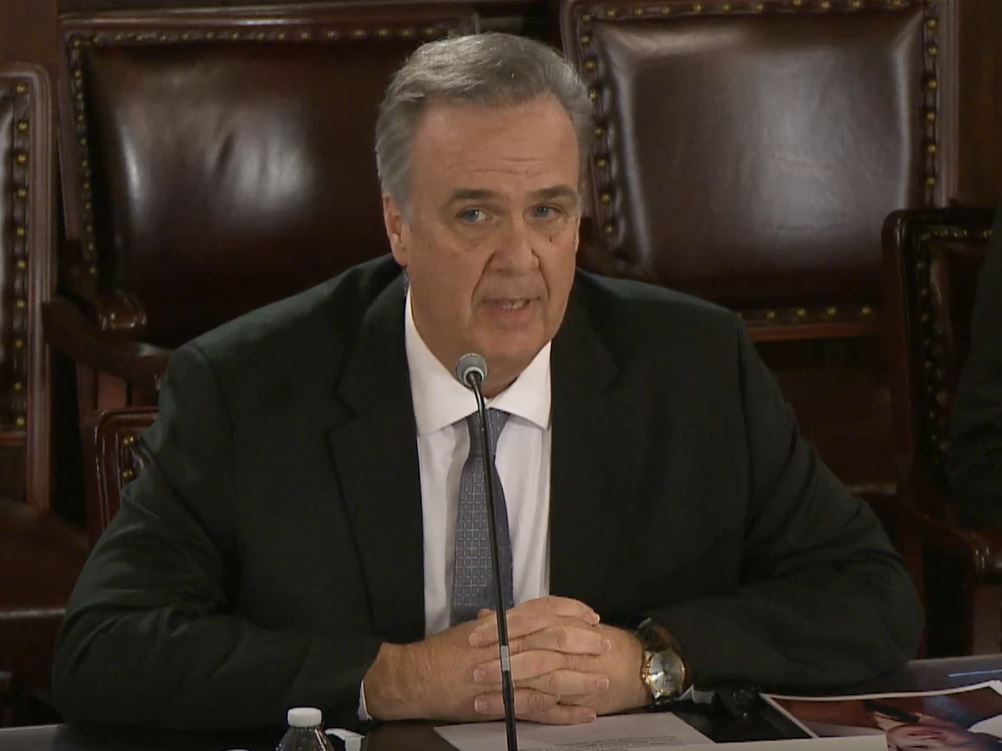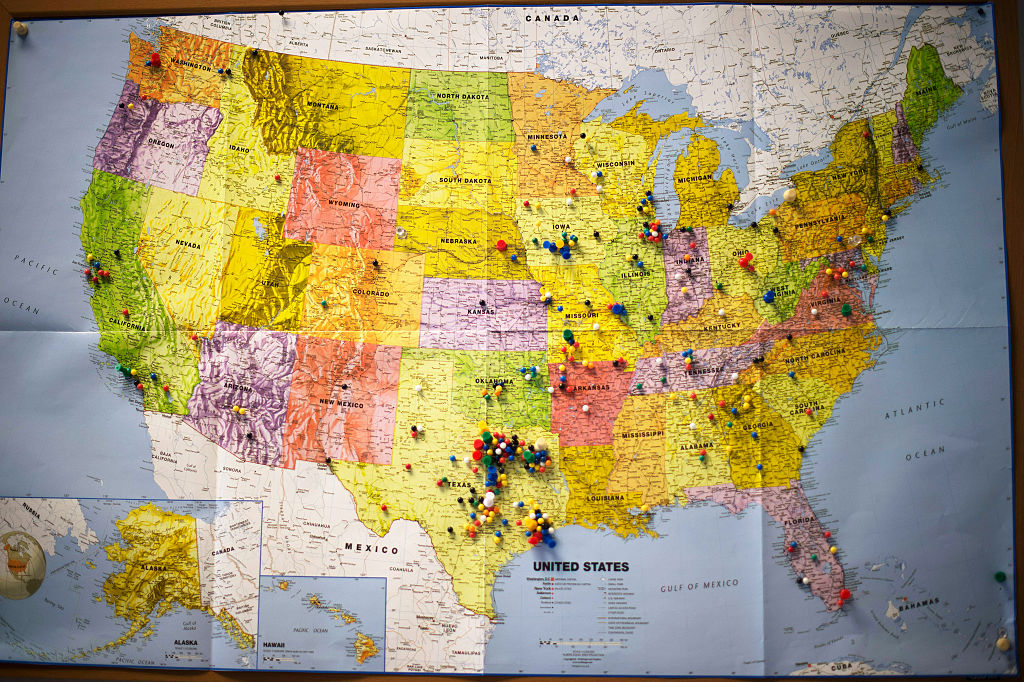The Pennsylvania legislature is gridlocked over a proposed amendment to the state constitution that would lift the statute of limitations on child sexual abuse cases for two years. If it passes, people would be able to sue over child sexual abuse regardless of the number of years that have passed since the alleged abuse occurred.
A pair of Villanova University economics professors published an economic analysis of the bill, which they project will cost Pennsylvania — i.e., the taxpayers — between $5 billion and $32 billion, as many of these claims would likely be against public school employees. These estimates are based on, among other things, the rate of abuse in Catholic schools, though the Department of Education estimates “that the problem in public schools is 100 times that of Catholic schools.”
The foundational flaw with this legislation is that it’s highly personal for the lawmakers pushing for its passage. While testifying before the House Republican Policy Committee, the bill’s sponsor, Representative Jim Gregory, opened with a very revealing statement: “I’m here for victims. I am not here for anyone else today.”
Gregory’s testimony involved a heart-wrenching account of his own childhood sexual abuse at the hands of his then-best friend. As awful as it was, it seems that Gregory’s personal pain is clouding his decision-making. He’s overlooking potentially devastating effects that this constitutional amendment could have on Pennsylvanians who would be punished for the evil deeds of public school teachers who preyed on children.
At the end of his testimony, Gregory acknowledged that there are doubtless a lot of questions about the bill, asserting twice that he’d be “happy” to answer them “in reflection” over the next couple of days if they were submitted in writing. I submitted several questions, yet after some prompt and polite emails with Gregory’s communications coordinator, I was told that “unfortunately” I would not be able to “connect” with Gregory on this topic and was directed to the representative’s website and told to contact “advocacy groups.”
I feel for Gregory. His description of the trauma and suffering he endured for decades following child sexual abuse is nothing short of heartbreaking. But his bill has been crafted narrowly and seems to be based more on emotion than a broad view of who will be affected and what all is at stake.
The current statute of limitations of sexual abuse claims in Pennsylvania is thirty-seven years (after the person turns eighteen). Of course, everyone wants, as Gregory puts it, to provide child sex abuse victims “the justice they have waited for,” but will a law enabling them to seek damages so many decades after the fact accomplish that? And what sort of damages can victims expect to receive? Gregory testified that it took him several decades to be able to talk about the abuse he experienced. It seems likely that with so many years having passed between abuse and claims, rather than getting the victims justice, this amendment will at best result in payouts, and not even very substantial ones. With so much time gone by, many witnesses and/or abusers will have died or be otherwise uncontactable. Abusers will never be punished for their heinous crimes.
When New York lifted its statute of limitations on rape cases, “a flood” of sex abuse suits poured in, undoubtedly with some false accusers taking advantage of the system mixed in. If a similar number of cases are filed in Pennsylvania, the situation could result in essentially a class action lawsuit, in which many, many victims would receive very little, as there won’t be enough money — or any at all, as private institutions would be forced to file bankruptcy — to go around.
Our taxpayer dollars would be more effectively spent preventing child sexual abuse in the first place and by helping victims process their trauma. School choice is a good place to start, as several education choice laws prioritize children who have been victims of bullying or abuse.
Gregory’s bill would punish innocent taxpayers who had nothing to do with the evil carried out decades ago by people who will never be punished. He might at least consider a cap on the amount of damages that defendants would be forced to pay. And he might incorporate into his bill something similar to Florida’s Parental Rights in Education law to reduce children’s exposure to sexual material. In his testimony, Gregory understandably described feeling “ashamed” of his experience with anal sex at age ten, yet government-funded schools and organizations promote sexually explicit material in our public schools. In New Jersey, for instance, the Department of Education has released standards requiring eighth graders to learn about and describe anal sex.
Pennsylvania’s Democratic speaker of the House Mark Rozzi, who has said he was sexually abused as a child, has “vowed not to consider any legislation until the General Assembly agrees to pass his top priority: a constitutional amendment that would create a two-year window for victims of child sexual abuse to sue over old abuse cases,” according to SpotlightPA.com. Per Governor Tom Wolf’s last-ditch effort to get the amendment on the May ballot, the Pennsylvania legislature has until the end of the day today to pass a joint resolution.

























